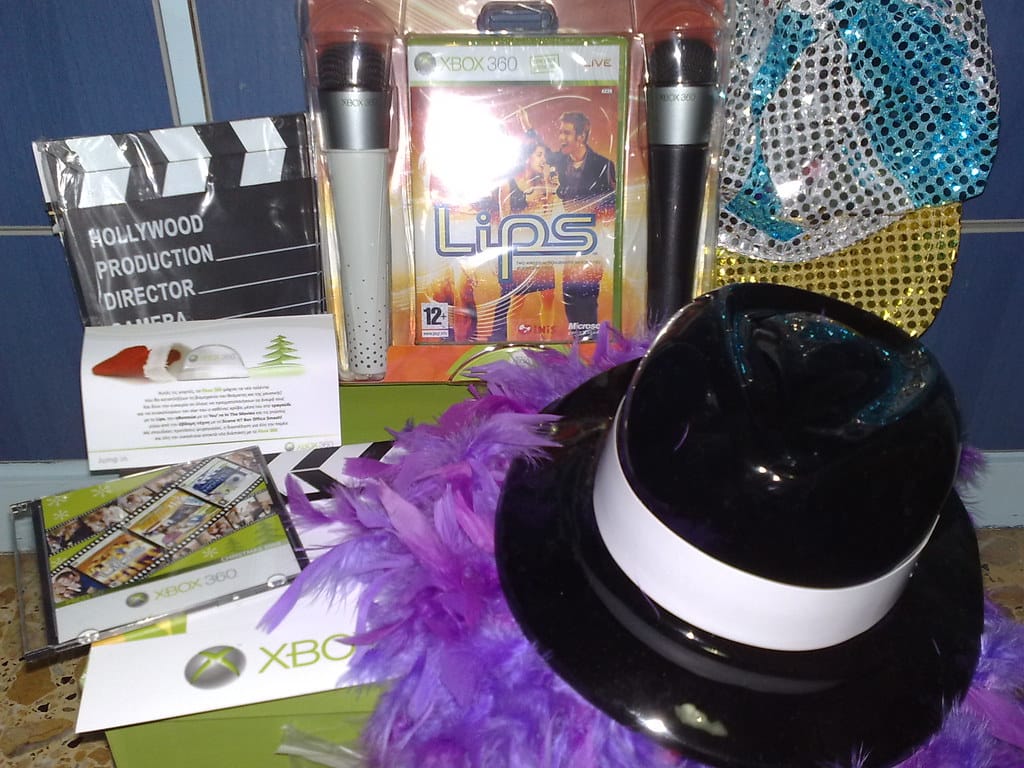Microsoft's Bold Gaming Gambit: Xbox Chief Declares War on Steam's Dominance
Microsoft is making an aggressive push to transform Windows into the ultimate gaming destination, with Xbox President Sarah Bond announcing ambitious plans to challenge Steam's long-held supremacy in PC gaming.
In a move that could reshape the PC gaming landscape, Microsoft's Xbox division is doubling down on its Windows gaming strategy. Speaking at recent industry events, Xbox President Sarah Bond revealed that the company is "working to ensure Windows is the number one platform for gaming," signaling a direct challenge to Valve's Steam marketplace that has dominated PC gaming for over two decades.
The Current Gaming Landscape
Steam currently commands an estimated 75% of the PC gaming market, with over 132 million monthly active users and more than 50,000 games in its library. Meanwhile, Microsoft's own Xbox app and Microsoft Store have struggled to gain significant traction among PC gamers, despite being pre-installed on every Windows machine.
The numbers tell a compelling story: Steam generated approximately $6.6 billion in revenue in 2023, while Microsoft's PC gaming revenue through Windows remained a fraction of that figure. This disparity exists despite Windows powering roughly 96% of gaming PCs worldwide.
Microsoft's Multi-Pronged Strategy
Game Pass Integration
Microsoft's primary weapon in this campaign is Xbox Game Pass, which has grown to over 34 million subscribers across console and PC platforms. The company is betting that the Netflix-style subscription model will attract PC gamers who prefer predictable monthly costs over individual game purchases.
Recent data shows Game Pass PC subscribers spend 20% more time gaming than traditional purchasers, suggesting the model creates stickier user engagement. Microsoft is leveraging this by making Game Pass exclusive titles available day-one on PC, including major franchises like Halo, Forza, and upcoming Call of Duty releases following the Activision Blizzard acquisition.
Hardware Partnerships
Bond's announcement coincides with Microsoft's renewed focus on gaming hardware partnerships. The company is working with major OEMs like ASUS, MSI, and Alienware to create "Xbox-certified" gaming PCs that come pre-configured with Xbox services and optimizations.
These partnerships aim to replicate the console experience on PC, offering plug-and-play gaming with automatic driver updates, game optimizations, and seamless controller support—traditionally pain points for PC gaming newcomers.
Developer Incentives
Microsoft is also courting developers with improved revenue sharing terms and enhanced development tools. The company recently announced that developers can keep 88% of revenue for games sold through the Microsoft Store, matching Epic Games Store's developer-friendly terms and significantly beating Steam's 70% rate.
The Challenges Ahead
Entrenched Competition
Steam's dominance isn't just about market share—it's about ecosystem lock-in. The average Steam user owns over 100 games, representing thousands of dollars in invested content. Additionally, Steam's social features, workshop mods, and community marketplace create powerful network effects that are difficult to replicate.
Epic Games Store, despite offering free weekly games and securing major exclusives, has only captured approximately 15% of the PC gaming market after four years of aggressive competition. This suggests that displacing Steam requires more than just competitive features or pricing.
User Experience Gaps
Microsoft's gaming platforms on Windows still face criticism for inconsistent user experiences. The Xbox app has improved significantly, but issues with game installations, mod support, and offline functionality persist. Steam's decades of refinement have created user expectations that Microsoft must not just meet, but exceed.
Market Implications
If successful, Microsoft's strategy could fundamentally alter the PC gaming economy. The company's vertical integration—controlling the operating system, development tools, major game studios, and distribution platform—gives it unique advantages that no other competitor possesses.
This move also represents a broader shift in Microsoft's business model, from selling software licenses to capturing ongoing revenue through services and digital marketplaces. Gaming represents a crucial battleground in this transition, with the global PC gaming market expected to reach $45 billion by 2026.
The Road Ahead
Microsoft's ambition to make Windows the number one gaming platform represents both an enormous opportunity and a significant challenge. While the company possesses unique advantages through its ownership of Windows and major gaming franchises, it faces entrenched competition and user habits built over decades.
Success will likely depend on Microsoft's ability to create a genuinely superior gaming experience that leverages Windows' deep system integration while addressing the pain points that have historically driven PC gamers to third-party platforms. The next few years will determine whether Microsoft can translate its platform advantages into market leadership, or if Steam's community-driven ecosystem will continue to reign supreme.
